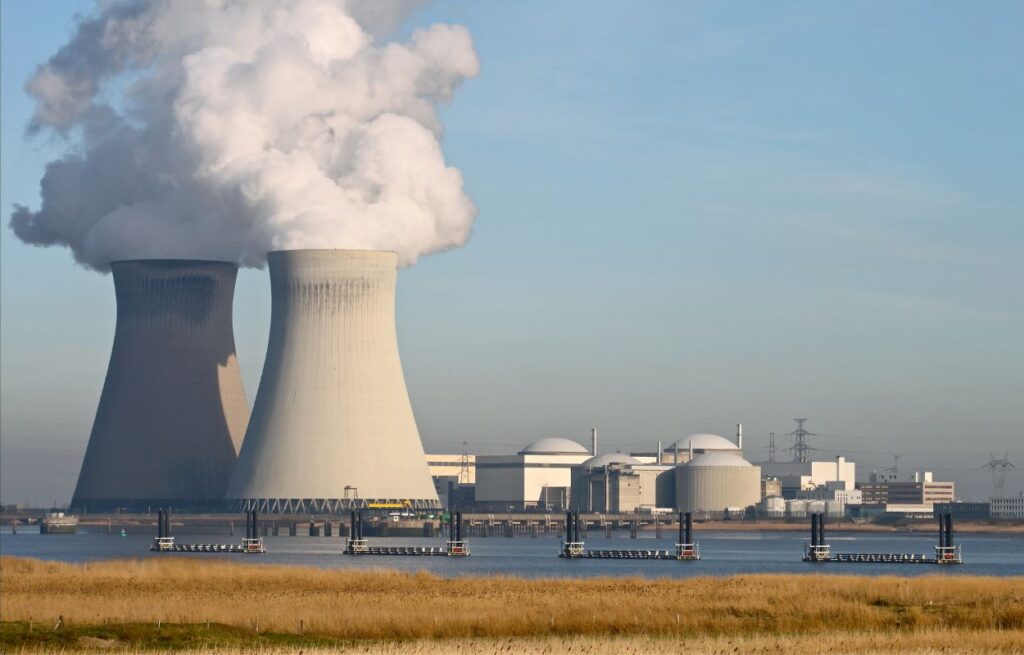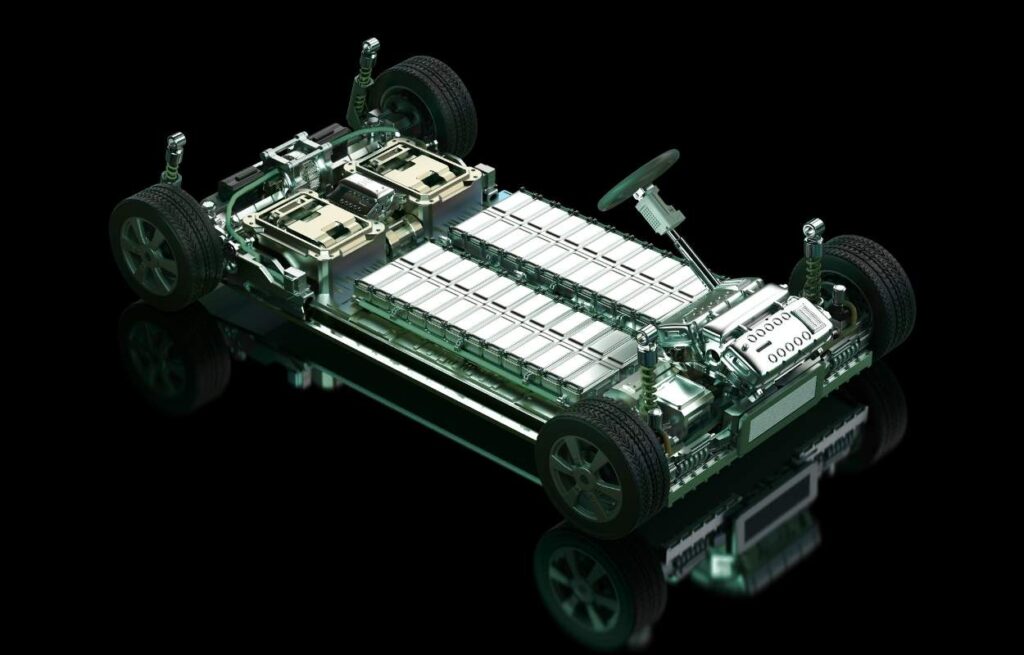Should you stay, or should you go?
Is deep Endur expertise built by staying put, or by moving across firms?
A recent client comment got me thinking. It was about a candidate who’d spent many years at one company:
“Professional, seems to know their way around Endur, but not able to go into depth on pretty much any area we asked about. Seems like they have a lot of experience modifying something existing (e.g. updating a curve or JVS script) but have never really put together systems from scratch. Their knowledge is very surface-level.”
This feedback speaks to more than just one person. It highlights a broader truth in enterprise technology consulting: staying in your comfort zone for too long can quietly stall your growth and limit your impact.
Openlink Endur is a powerful, modular platform that’s well-suited to cross-commodity coverage and flexible deal modelling. But it’s easy for consultants or internal teams to slip into a daily routine: editing reports, tweaking JVS scripts, and maintaining legacy workflows. These tasks, while valuable, start to take up all your time, leaving little room for growth or deeper technical development.
The truth is, repetition builds speed, but not always insight. And while clients appreciate efficiency, they value depth of understanding even more.
Firms need professionals who can:
- Architect new solutions from scratch
- Connect front-to-back processes (from trade booking to settlements)
- Focus on a particular module of Endur (depending on the role)
- Guide projects with strategic thinking, in line with business goals
Personally, I think there’s more value in spending time at multiple firms than sticking with one company for the majority of your career. Every organisation structures its teams differently, so each move brings with it new challenges and responsibilities.
Career growth isn’t just about how long you’ve been somewhere; it’s about what you’ve been exposed to. Whether it’s working on unfamiliar modules, being part of a greenfield implementation, or moving between areas like risk, scheduling, or logistics, these experiences help you build real expertise and a broader perspective.
Why movement drives career strength:
- New challenges unlock new capabilities: You don’t necessarily grow by solving the same problem again. You grow by wrestling with new ones that force you to connect ideas.
- Cross-domain experience builds systems thinking: Understanding how one piece of Endur affects another turns you into a better problem-solver and a more strategic asset to any team.
- For greenfield projects, clients want builders, not just individuals who can maintain. Those who can design and lead solutions stand out in every project. This can make you more valuable.
If you’ve been in the same role for a while, here are a few honest questions to ask yourself:
- When was the last time I took ownership of something end-to-end?
- Do I understand how the modules I work in affect the broader trade lifecycle?
- Am I seen as someone who can only maintain Endur or as someone who can innovate and lead a greenfield build?
On the flip side, there are some benefits to being loyal and tenured. As one Endur subject matter expert (SME) I spoke to explained:
“It depends on what you’re looking to do. If you’re looking to become a manager or a senior manager, you’re better off staying where you are for a while. When a manager moves on, it’s likely they will fill it with internal candidates, so that’s a main advantage factor in staying somewhere.”
On top of this, another SME explained that if candidates frequently change roles, or take on too many different responsibilities, hiring managers might be concerned that they won’t develop into the ‘go-to’ expert for niche areas or specialised tasks.
In the end, there’s no one-size-fits-all path, but in a highly sought-after system like Endur, depth comes from breadth. True expertise is forged by stepping outside your comfort zone, taking on new challenges, and seeing how the platform works across different business models and market demands. Comfort might offer stability and career progression, but movement builds resilience, versatility, and long-term value. If you want to become the kind of Endur professional clients truly rely on, not just for maintenance but for innovation, it may be time to ask yourself whether your current role is pushing you forward or simply keeping you still.
Looking for more insights?
Get exclusive insights from industry leaders, stay up-to-date with the latest news, and explore the cutting-edge tech shaping the sector by subscribing to our newsletter, Commodities Tech Insider.




